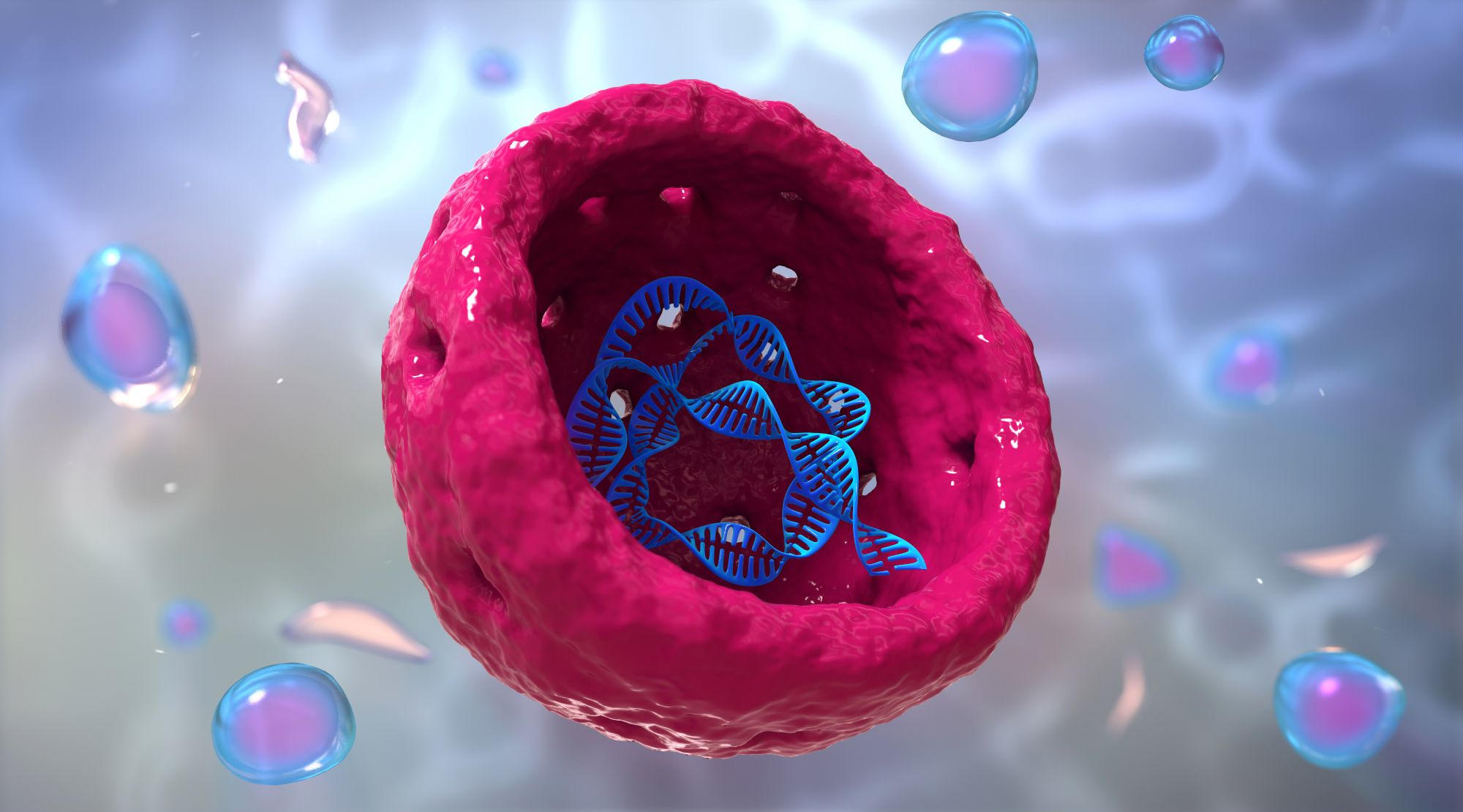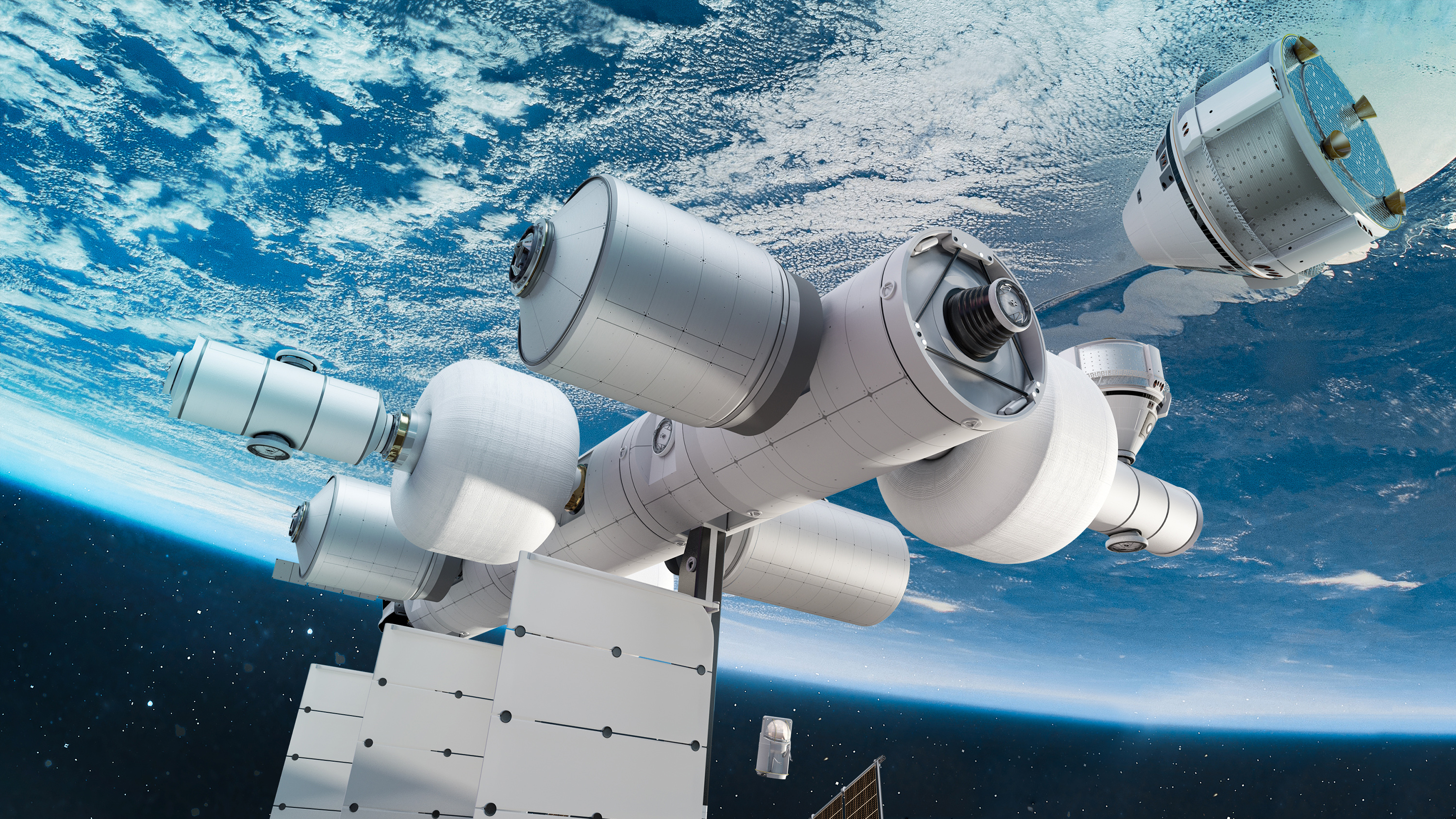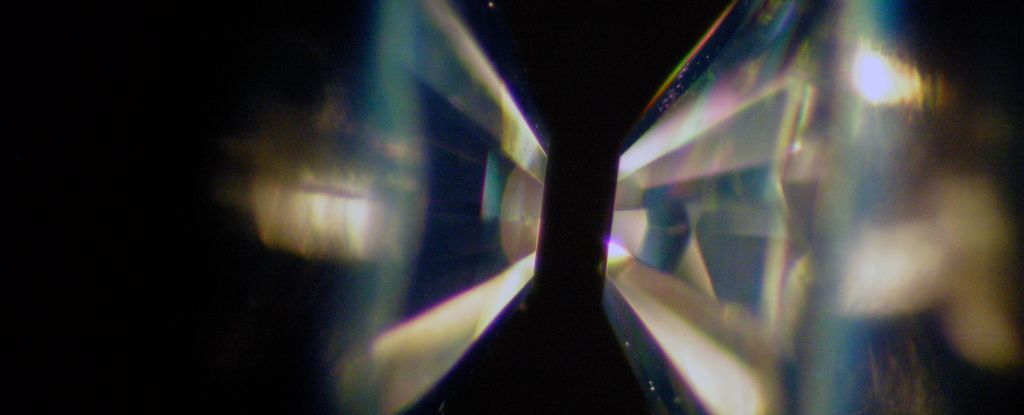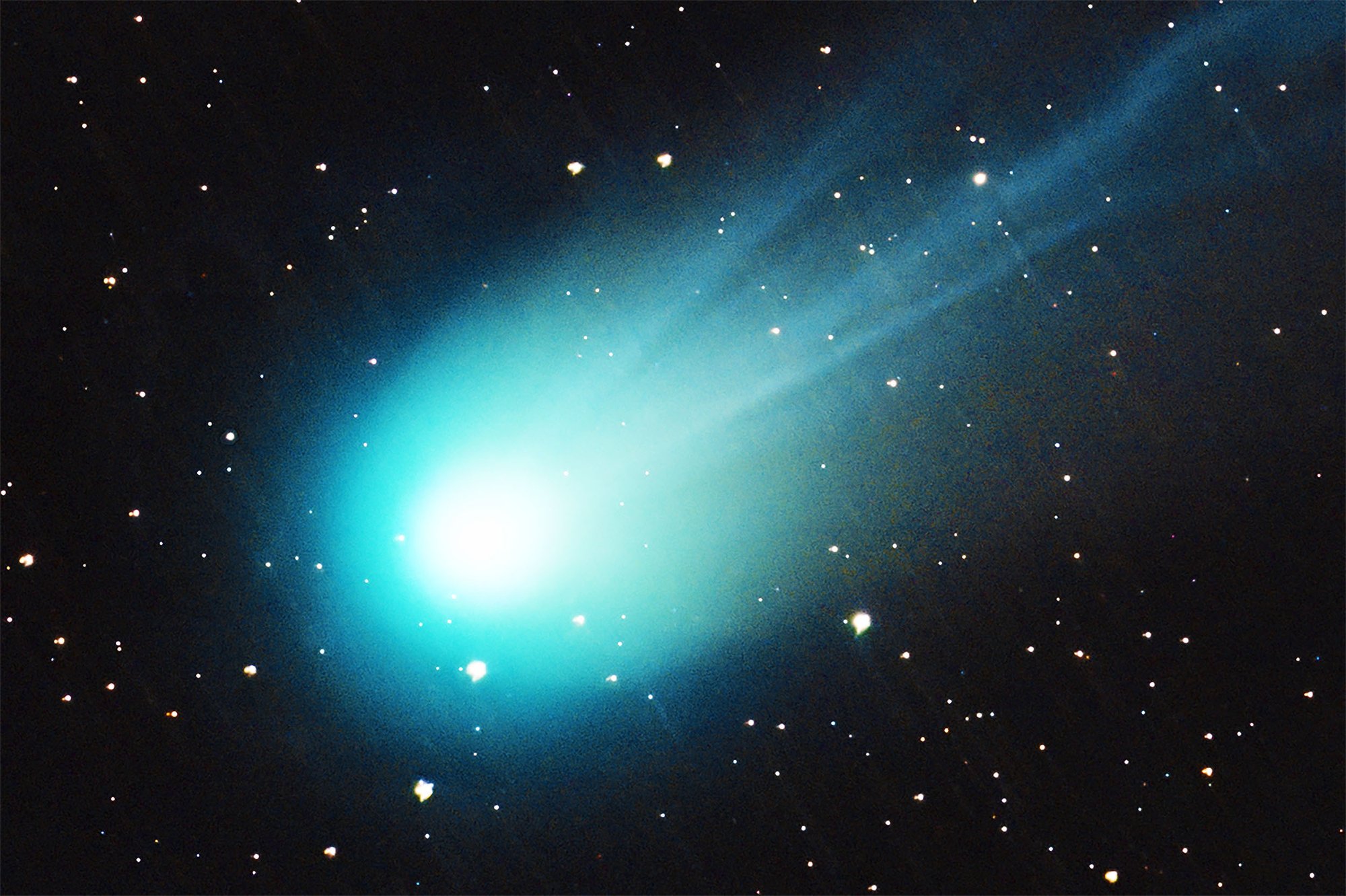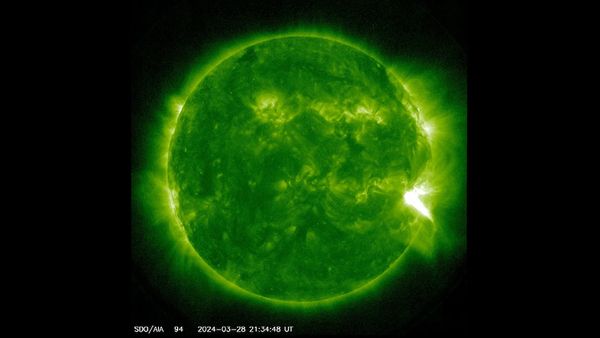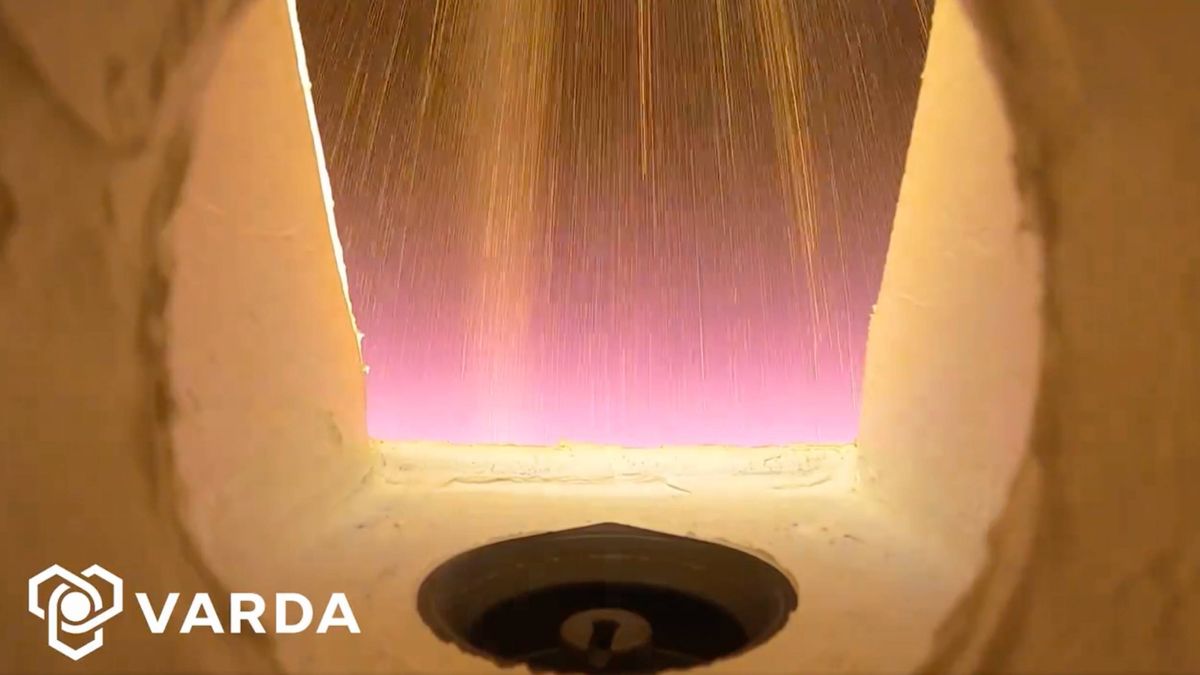Get the latest Science News and Discoveries
Nature: Orbital Reef and commercial low Earth orbit destinations—upcoming space research opportunities
As the International Space Station comes to the end of a transformative era of in-space research, NASA’s Commercial Low Earth Orbit (LEO) Destinations (CLD) Program aims to catalyze a new generation of platforms with co-investment from the private sector, preventing a potential gap in research performed in LEO, while building a robust LEO economy. In this paper, we provide insight into the CLD Program focusing on Orbital Reef, describing its operational and technical characteristics as well as new opportunities it may enable. Achieving about a third of the pressurized volume of the ISS with the launch of a single pressurized module and growing to support hundreds of Middeck Locker Equivalents (MLE) in passive and active payloads internally and externally, Orbital Reef will enable government, academic, and commercial institutions to continue and expand upon research and development (R&D) efforts currently performed on ISS. Additionally, it will enable nascent markets to establish their operations in space, by initiating new lines of research and technology development and the implementation of new ventures and visions. Using Blue Origin’s New Glenn heavy launch system, Sierra Space’s cargo and crew Dream Chaser® vehicles, and Boeing’s Starliner crew vehicle, and expertise from Amazon/Amazon Supply Chain, Arizona State University, Genesis Engineering, and Redwire, Orbital Reef is being designed to address ISS-era transportation logistics challenges. Finally, this manuscript describes some of the expected challenges from the ISS-to-CLD transition, and provides guidance on how researchers in academia and industry can shape the future of commercial destinations and work performed in LEO.
None
Or read this on r/Space